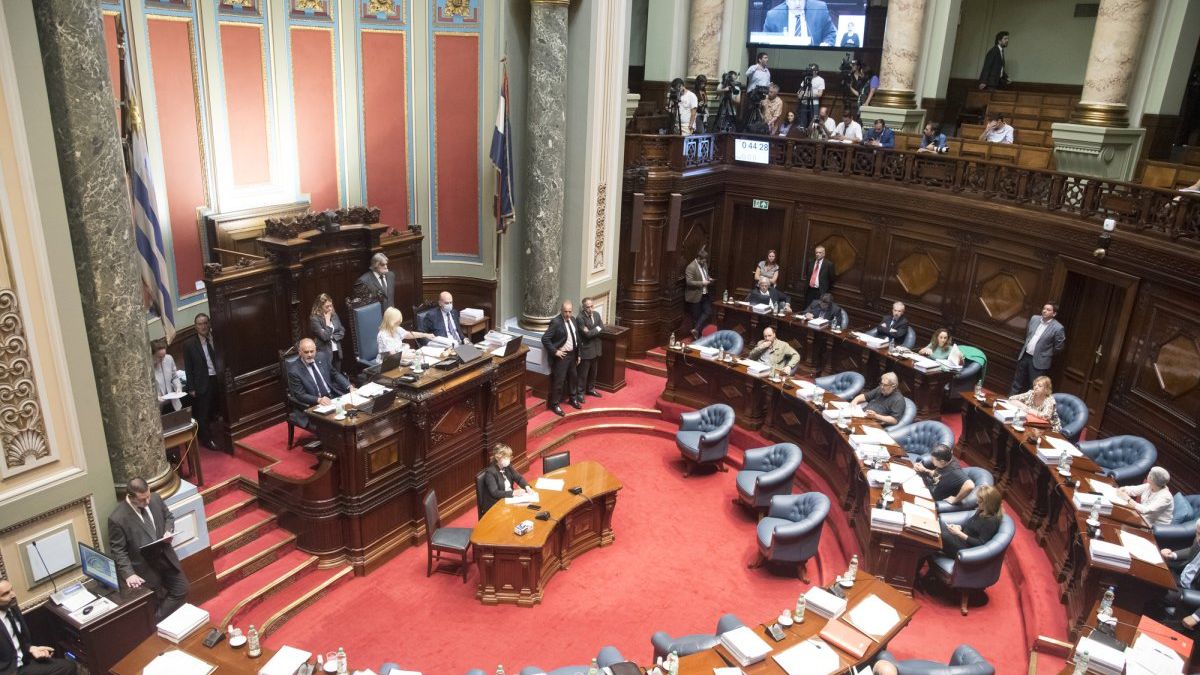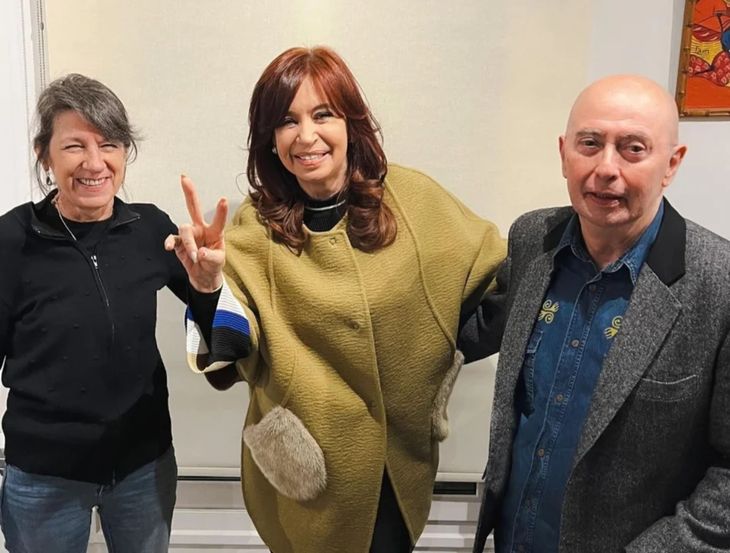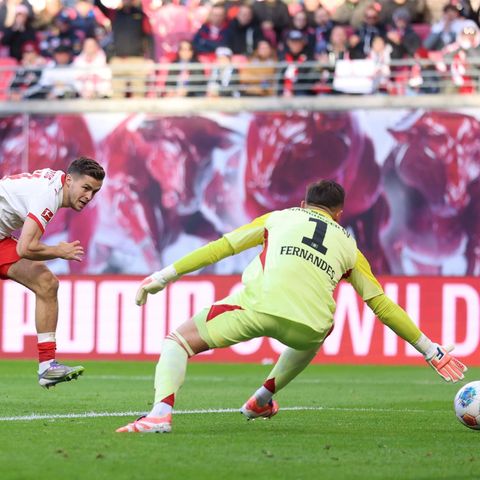The commission approved 11 of the 35 articles, and today aims to resolve the remaining discrepancies. If approved quickly in both chambers, the project could be implemented in this electoral cycle.
The deputies who make up the special commission that works on the draft political party financing law in Uruguay Finally, an agreement was reached to approve the initiative in general; and also managed to approve 11 of the 35 articles that make up the legal text, to finish giving the positive vote in today’s session. The final challenge before it is ratified in plenary on November 28 is the issue of compensation for television channels for the partisan propaganda.
The content you want to access is exclusive to subscribers.
The coalition will seek to resolve the latest differences regarding the articles of the bill of financing of political parties to finish approving the text unanimously, as was the objective in January, when the priority nature of the initiative was established — which, in the end, could not be met.


The proposals incorporated by the National Party, the sector most reluctant to the project Broad Front, he Colorado Party and the Independent Party —in an unprecedented agreement, which also has the support of Town meeting- They are what will be taken into account during the last section of debate in committee. The main point, meanwhile, will be in the “compensation” that the television channels would receive in exchange for the obligation to give free minutes for the propaganda of the parties’ electoral campaign.
On this, the deputies handle two formulas: “empower” the Executive Branch to grant that compensation or leave it already established in the law.
Other modifications on the table
Beyond the issue of compensation for the channels, there are also other aspects that the different sectors intend to incorporate into the articles. For example, the possibility of eliminating the total prohibition on the State advertise during election times. In this regard, the Colorado deputy Conrado Rodriguez proposed to exempt at that point the public organisms that are in competition with the private sector.
In turn, the whites demand to raise the planned limit for donations that candidates can run their own campaigns; that, in the case of president and vice, would go from one million to two million Indexed Units (UI)—about 11.6 million pesos.
They also aim to eliminate the authorization to immediately withdraw licenses from media that make “covert donations” to political parties, since this would constitute a “Venezuelanization” of the national communications system; and that it is the Electoral Court that should concentrate the power to sanction the media.
If these issues can be resolved – some of which do not have the support of the other parties in the Multicolor Coalition—, the idea is that the House of Representatives of the half-sanction of the law next week, and that the project immediately enters the Senate. If the process is carried out quickly there, the initiative could apply in this electoral cycle.
Source: Ambito




